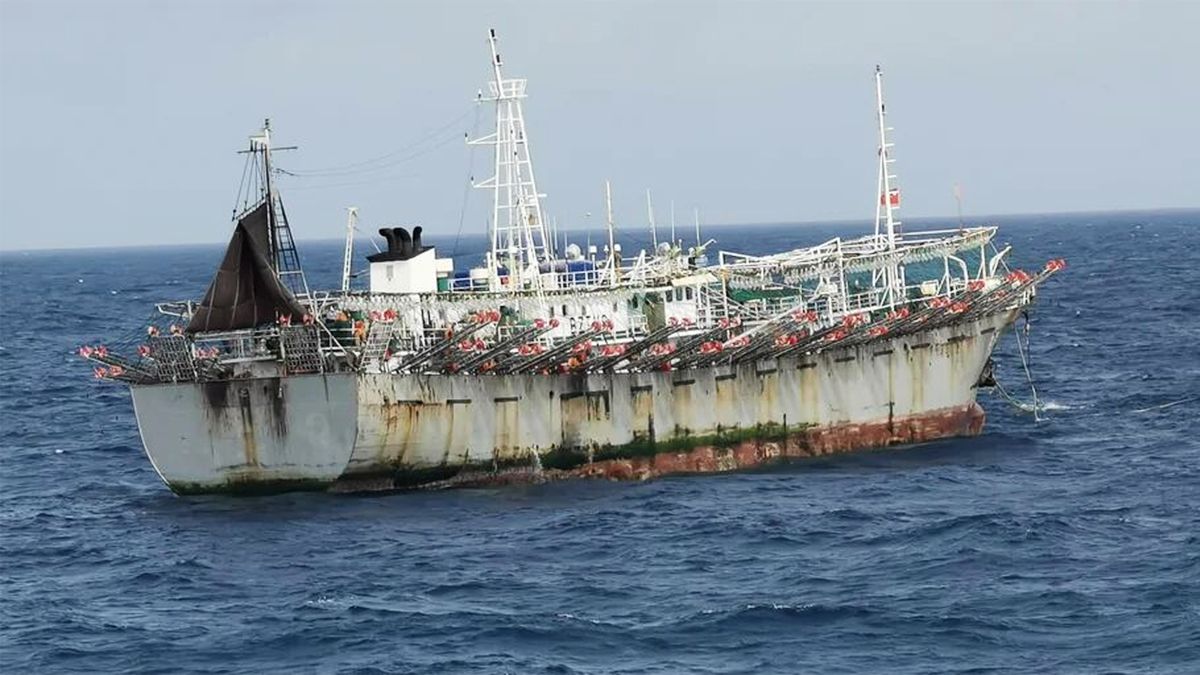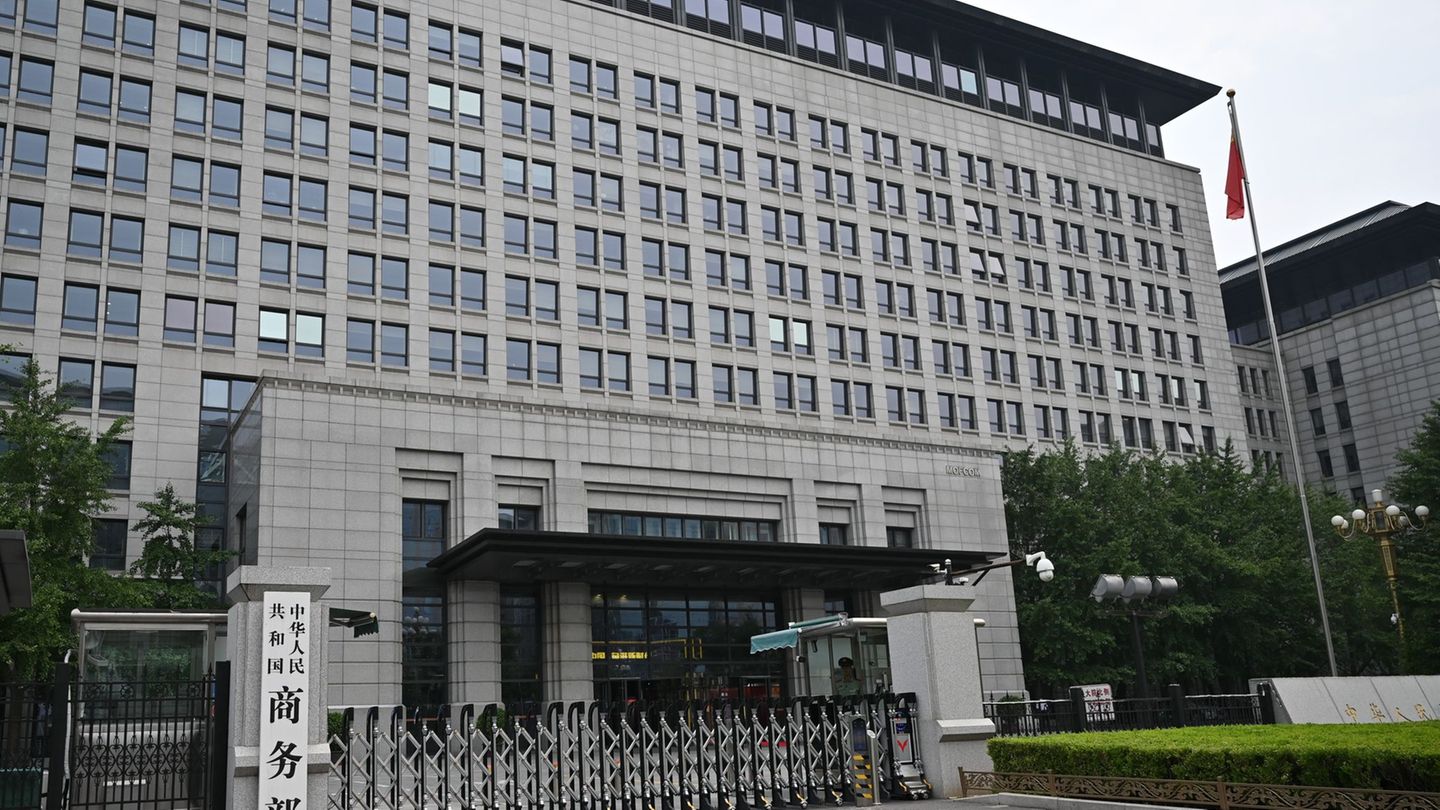The Undersecretary of Foreign Affairs, Nicolás Albertoni, delivered the accession document to the director general of the World Trade Organization.
Uruguay accepted an international agreement to ban subsidies to illegal fishingafter the Undersecretary of Foreign Affairs, Nicolás Albertoniwill deliver to the Director-General of the World Trade Organization (WTO), Ngozi Okonjo-Iwealathe Instrument of Acceptance of the Protocol of Amendment to the Marrakesh Agreement.
The content you want to access is exclusive to subscribers.
The subscription of Agreement on Fisheries Subsidies took place within the framework of the 13th Ministerial Conference of the WTO, which is being held in Abu Dhabi (United Arab Emirates)from February 26 to 29.


The agreement, which had previously been reached on June 17, 2022, presents as its objective the prohibition of subsidies for illegal, unreported and unregulated fishing (IUUfor its acronym in English) by the States, as well as support for fishing in overexploited populations.
This treaty is considered historic, since it is the first of the WTO focused on the environment, and the first of a multilateral type linked to the sustainability of the oceans at a global level.
States signed to the WTO agreement must monitor possible signs of illegal fishing
As reported by the Ministry of Foreign Affairs (MRREE)its provisions will oblige the signatory States to consider the legality and sustainability of the fishing activity they subsidize, and include special flexibilities for subsidies from developing nations, including the set of Least Developed Countries (LDCs).
The Agreement on Fisheries Subsidies will enter into force when ratifications reach two-thirds of the membership, that is, about 110.
For the MRREE, “this pact constitutes a first step towards protecting the sustainability of the oceans”, since “negotiations continue with a view to adopting complete disciplines that include certain forms of subsidies that contribute to overcapacity and overfishing”, and that “Uruguay considered at the time of acceptance”.
Source: Ambito




